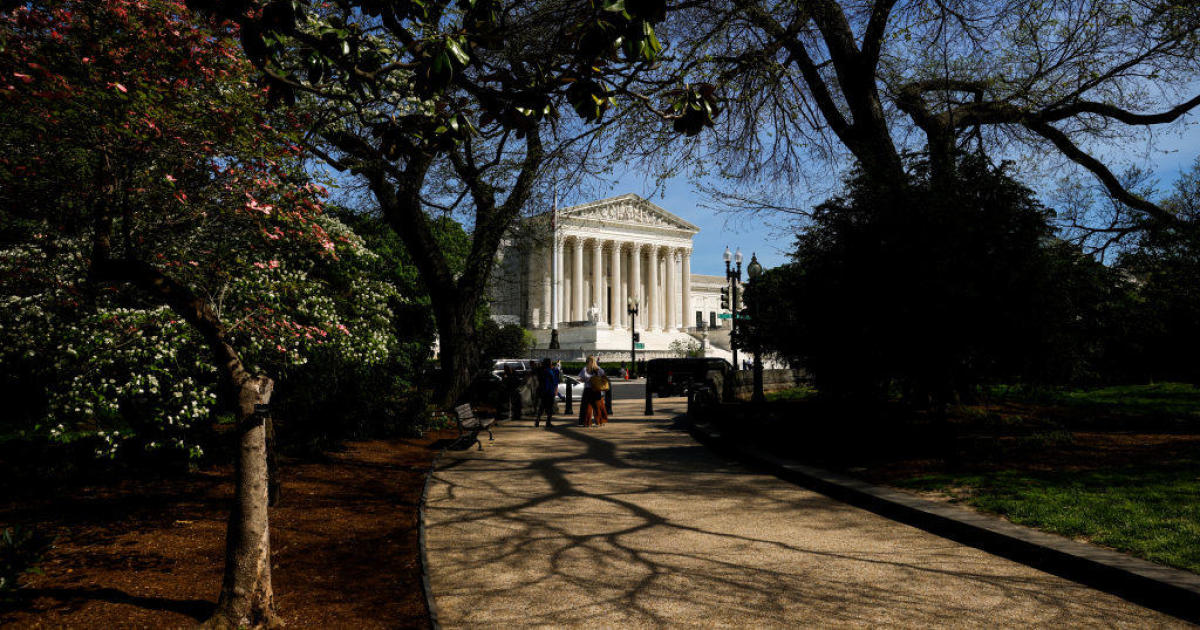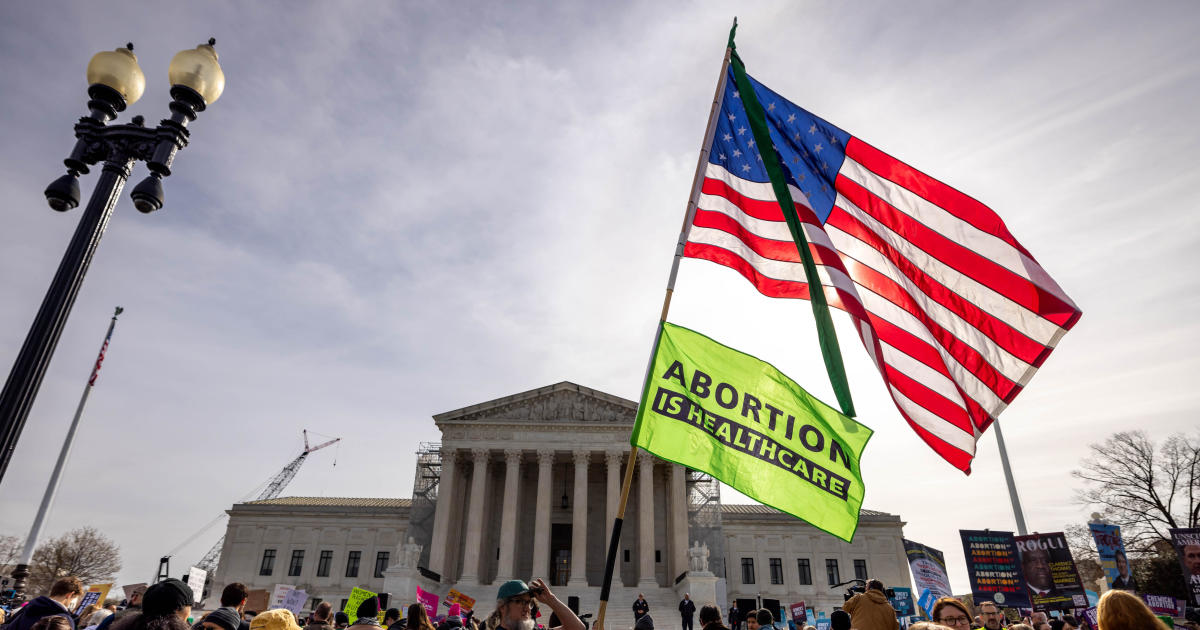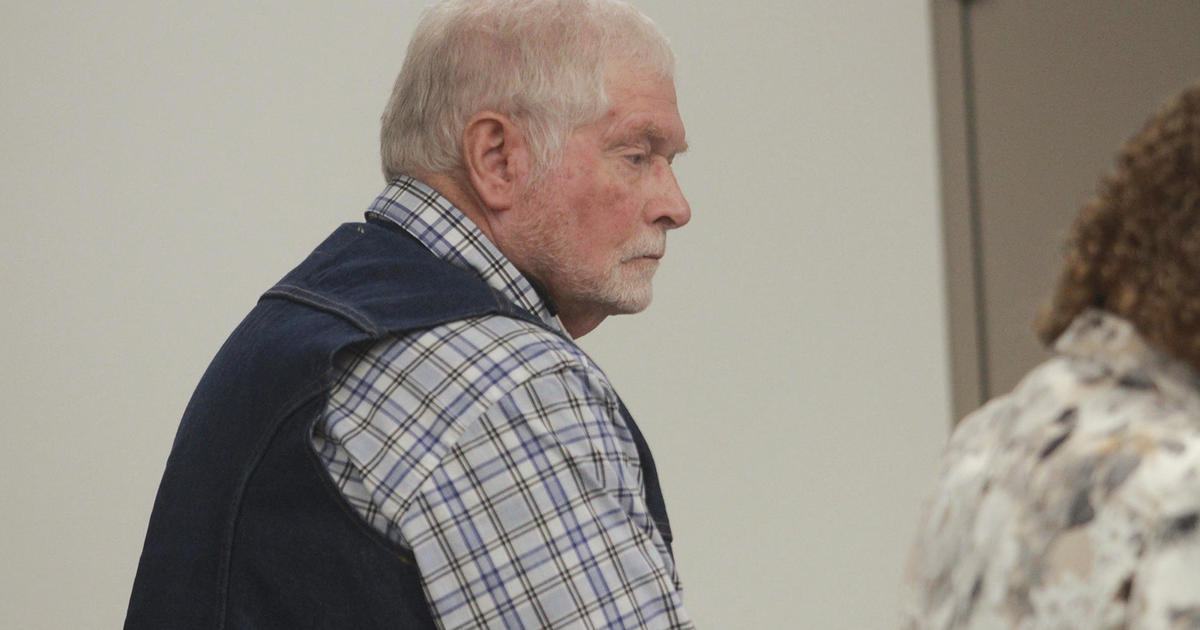Here are some of the questions Anita Hill answered in 1991
In 1991, shortly after the Senate Judiciary Committee hearings for the confirmation of Clarence Thomas concluded, a lone woman, Anita Hill, alleged that the conservative nominee for the Supreme Court had engaged in sexual misconduct. Thomas vehemently denied these allegations, and many on the right believed that he was the victim of a political hit job, a last-minute attempt by liberals to take down their candidate.
Many political observers see echoes of Anita Hill's accusations of sexual harassment against Clarence Thomas in 1991 and her testimony before the Senate in allegations brought by Dr. Christine Blasey Ford against current Supreme Court nominee Brett Kavanaugh. In both cases, the allegations were brought up after the confirmation hearings had concluded. In 1991, Hill's testimony came five days later. In Kavanaugh's case, the committee is trying to set a hearing for Monday, days after the identity of his accuser was revealed.
There are some differences -- Hill accused Thomas of sexual harassment when he was her boss at the Equal Employment Opportunity Commission, while Ford alleges that Kavanaugh attempted sexual assault when they were both teenagers. Hill, a black woman, faced 14 white men on the Senate Judiciary Committee. If she chooses to testify, Ford will be questioned by four women in the panel.
Ford has not yet accepted the invitation to testify before the Senate on Monday. It would not be surprising if the grueling interrogation Hill faced in 1991 has given Ford pause. Here are some of the questions Hill faced from the committee over three days of testimony:
- Specter claims that discussing "large breasts" in the workplace is common behavior
Sen. Arlen Specter (R-Pennsylvania): "You testified this morning that the most embarrassing question involved — this is not too bad — women's large breasts. That is a word we use all the time. That was the most embarrassing aspect of what Judge Thomas had said to you." - Heflin asks Hill if she is a "scorned woman," or ideologically opposed to Thomas
Sen. Howell Heflin (R-Alabama): Now, in trying to determine whether you are telling falsehoods or not, I have got to determine what your motivation might be. Are you a scorned woman?
Hill: No.
Heflin: Are you a zealot civil rights believer that progress will be turned back, if Clarence Thomas goes on the court?
Hill: No, I don't—I think that—I have my opinion, but I don't think that progress will be turned back. I think that civil rights will prevail, no matter what happens with the Court.
Heflin: Do you have a militant attitude relative to the area of civil rights?
Hill: No, I don't have a militant attitude.
Heflin: Do you have a martyr complex?
Hill: No, I don't. (Hill and audience laugh, Heflin remains stone-faced.)
Heflin: Well, do you see that, coming out of this, you can be a hero in the civil rights movement?
Hill: I do not have that kind of complex. I don't like all of the attention that I am getting, I don't—even if I liked the attention, I would not lie to get attention. - Specter says Thomas never asked Hill to specifically watch pornographic movies with him, have sex with him
Specter: Professor Hill, you testified that you drew an inference that Judge Thomas might want you to look at pornographic films, but you told the FBI specifically that he never asked you to watch the films. Is that correct?
Hill: He never said, "Let's go to my apartment and watch films," or "go to my house and watch films." He did say, "You ought to see this material."
Specter: But when you testified that, as I wrote it down, "We ought to look at pornographic movies together," that was an expression of what was in your mind when he --
Hill: That was the inference that I drew, yes.
Specter: The inference, so he --
Hill: With his pressing me for social engagements, yes.
Specter: That was something he might have wanted you to do, but the fact is, flatly, he never asked you to look at pornographic movies with him.
...
Specter: Professor Hill, you said that you took it to mean that Judge Thomas wanted to have sex with you, but in fact he never did ask you to have sex, correct?
Hill: No, he did not ask me to have sex. He did continually pressure me to go out with him, continually, and he would not accept my explanation as being valid.
Specter: So that when you said you took it to mean,"We ought to have sex," that that was an inference that you drew?
Hill: Yes, yes. - Specter questions Hill's credibility
Specter: The question which I have for you is, how reliable is your testimony in October 1991 on events that occurred 8, 10 years ago, when you are adding new factors, explaining them by saying you have repressed a lot? And in the context of a sexual harassment charge where the Federal law is very firm on a 6-month period of limitation, how sure can you expect this committee to be on the accuracy of your statements? - Biden asks about specifics of Thomas's alleged comments
Sen. Joe Biden (D-Delaware): Now, again, for the record, did he just say I have great physical attributes or was he more graphic?
Hill: He was much more graphic.
Biden: Can you tell us what he said?
Hill: Well, I can tell you that he compared his penis size, he measured his penis in terms of length, those kinds of comments. - Leahy asks what Hill has to gain
Sen. Patrick Leahy (D-Vermont): Do you have anything to gain by coming here? Has anybody promised you anything for coming forth with this story now?
Hill: I have nothing to gain. No one has promised me anything. I have nothing to gain here. This has been disruptive of my life and I have taken a number of personal risks. I have been threatened and I have not gained anything except knowing that I came forward and did what I felt that I had an obligation to do and that was to tell the truth. - Simpson questions why Hill didn't come forward with her allegations earlier
Sen. Alan Simpson (R-Wyoming): But let me tell you, if what you say this man said to you occurred, why in God's name, when he left his position of power or status or authority over you, and you left in 1983, why in God's name would you ever speak to a man like that the rest of your life?
Hill: That is a very good question, and I am sure that I cannot answer that to your satisfaction. That is one of the things that I have tried to do today. I have suggested that I was afraid of retaliation, I was afraid of damage to my professional life, and I believe that you have to understand that this response—and that is one of the things that I have come to understand about harassment—that this response, this kind of response, is not atypical, and I can't explain. It takes an expert in psychology to explain how that can happen, but it can happen, because it happened to me.
Simpson: Well, it just seems so incredible to me that you would not only have visited with him twice after that period and after he was no longer able to manipulate you or to destroy you, that you then not only visited with him but took him to the airport, and then 11 times contacted him. That part of it appalls me. I would think that these things, what you describe, are so repugnant, so ugly, so obscene, that you would never have talked to him again, and that is the most contradictory and puzzling thing for me.




